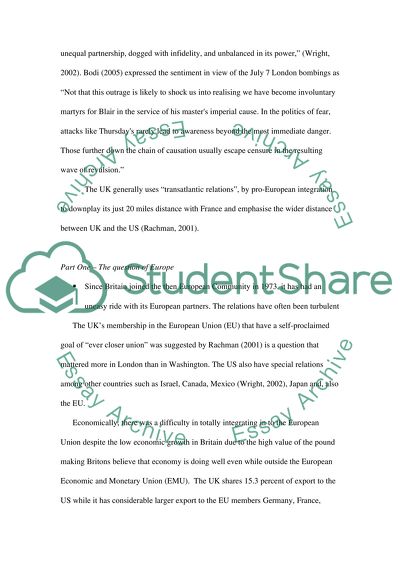Cite this document
(“Anglo-American Special Relationship Essay Example | Topics and Well Written Essays - 2000 words”, n.d.)
Retrieved from https://studentshare.org/politics/1520251-anglo-american-special-relationship
Retrieved from https://studentshare.org/politics/1520251-anglo-american-special-relationship
(Anglo-American Special Relationship Essay Example | Topics and Well Written Essays - 2000 Words)
https://studentshare.org/politics/1520251-anglo-american-special-relationship.
https://studentshare.org/politics/1520251-anglo-american-special-relationship.
“Anglo-American Special Relationship Essay Example | Topics and Well Written Essays - 2000 Words”, n.d. https://studentshare.org/politics/1520251-anglo-american-special-relationship.


